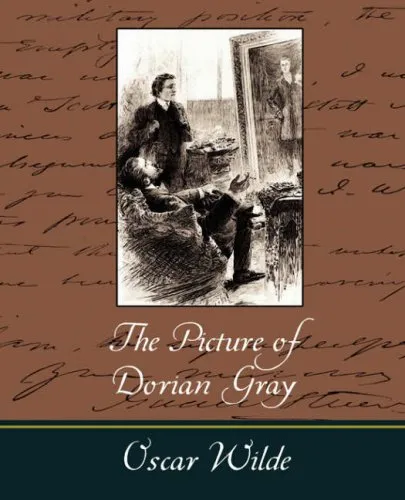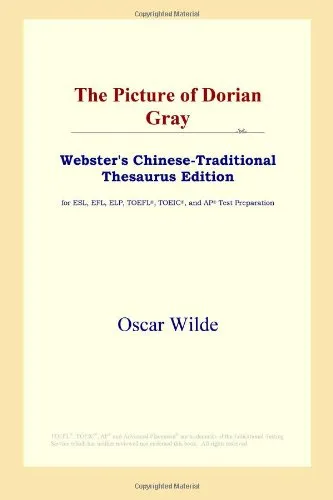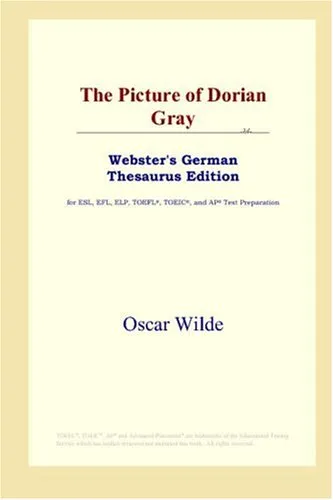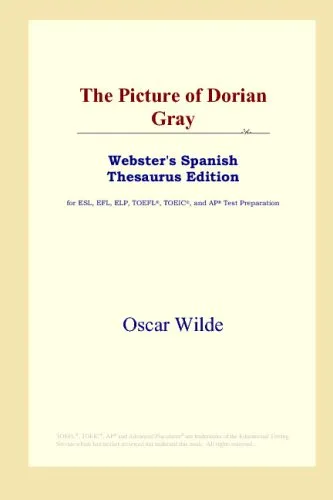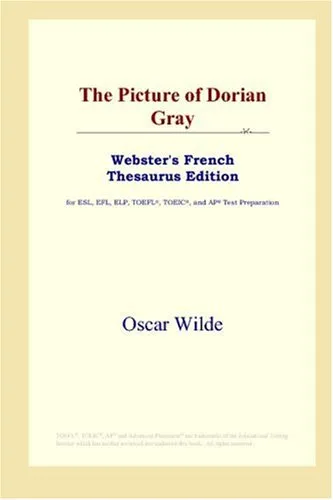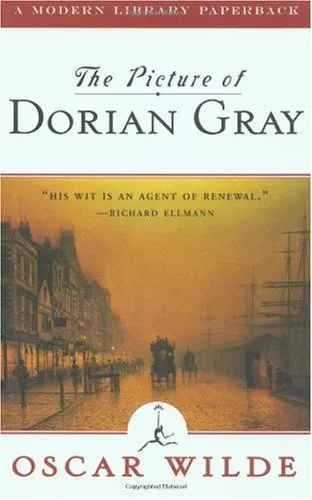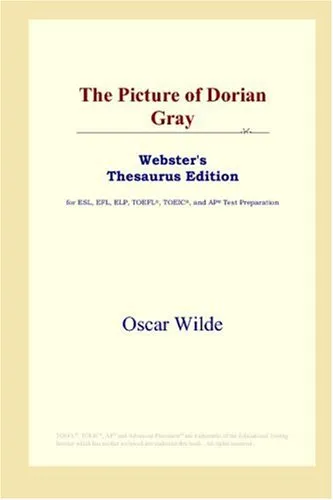The Picture of Dorian Gray - Oscar Wilde
4.3
Reviews from our users

You Can Ask your questions from this book's AI after Login
Each download or ask from book AI costs 2 points. To earn more free points, please visit the Points Guide Page and complete some valuable actions.Related Refrences:
Persian Summary
The Picture of Dorian Gray: An Introduction
Oscar Wilde's "The Picture of Dorian Gray" is a novel that delves into the depths of aestheticism, moral duplicity, and the quest for eternal youth. It remains a timeless exploration of vanity and corruption, a mirror held up to the society of Wilde's time that still resonates today.
Summary of the Book
The novel begins with the introduction of Dorian Gray, a beautiful, young man living in a decadent, artistic society. An artist named Basil Hallward becomes infatuated with Dorian's beauty and paints a magnificent portrait of him. At the same time, Dorian becomes influenced by Lord Henry Wotton, a charismatic but morally ambiguous aristocrat who champions hedonism and the pursuit of beauty above all else.
Under Lord Henry's influence, Dorian wishes that he could remain as youthful and beautiful as his portrait and that the painting would bear the marks of age and sin instead of him. His wish is mysteriously granted, and as Dorian embarks on a life of indulgence and moral degradation, the portrait begins to record the signs of his corruption.
As the story unfolds, Dorian's transformation from innocence to decadence is profound. The novel chronicles his relationships, his ventures into the underbelly of society, and the ultimate realization of the cost of his vanity and the impact of his choices on his soul.
Key Takeaways
Wilde's novel serves as a poignant critique of the hedonistic values that were prevalent in Victorian society. It challenges the reader to consider the consequences of living a life devoted solely to the pursuit of pleasure and aesthetics. The book raises important questions about morality, the nature of beauty, and the passage of time.
The Consequences of Vanity: The novel illustrates how the obsession with beauty and youth can lead to moral corruption.
The Nature of Art vs. Life: Wilde examines the interplay between life and art, questioning whether art should reflect life or vice versa.
The Illusion of Eternal Youth: Dorian's eventual downfall underscores the importance of acknowledging and accepting the natural course of life, including aging and the acquisition of wisdom.
Famous Quotes from the Book
"The only way to get rid of a temptation is to yield to it."
"You will always be fond of me. I represent to you all the sins you never had the courage to commit."
"The books that the world calls immoral are books that show the world its own shame."
Why This Book Matters
"The Picture of Dorian Gray" is not only a work of fiction but a philosophical discourse wrapped in a compelling narrative. It was groundbreaking at the time of its publication for its candid portrayal of moral and aesthetic subjectivities. Wilde's exploration of aestheticism and its implications on personal ethics remains relevant, prompting contemporary readers to reflect on similar themes in modern society.
The novel remains a cornerstone of English literature due to its intricate character development, lyrical prose, and deep thematic concerns. It invites readers to reflect on the nature of beauty, the price of indulgence, and the eternal conflict between the conscience and desire, making it a significant and enduring work.
Free Direct Download
Get Free Access to Download this and other Thousands of Books (Join Now)
For read this book you need PDF Reader Software like Foxit Reader
